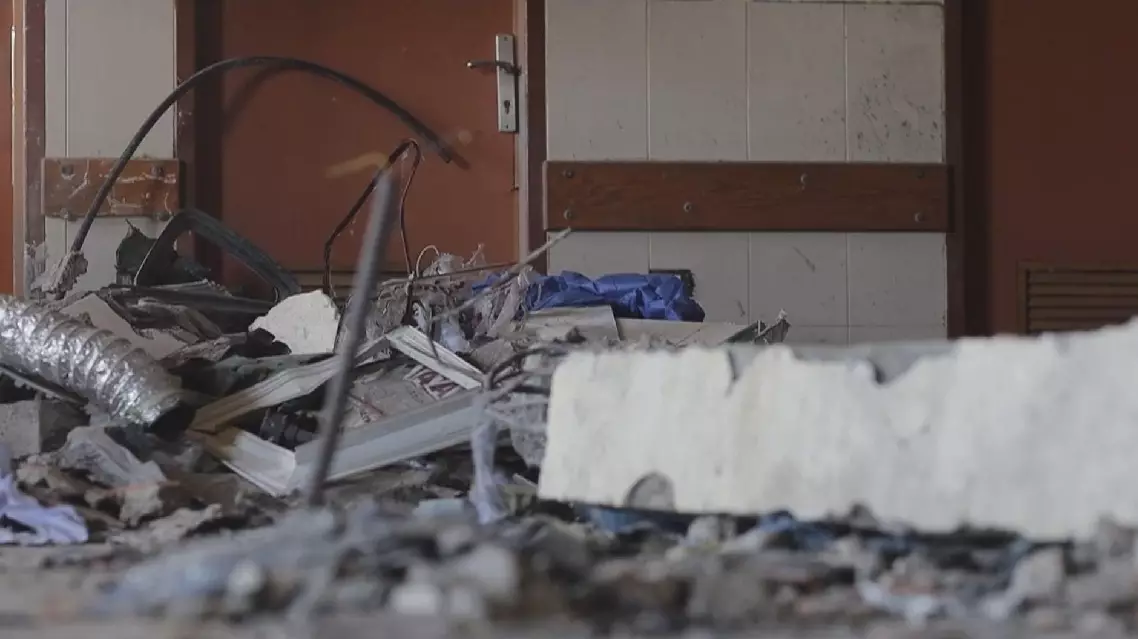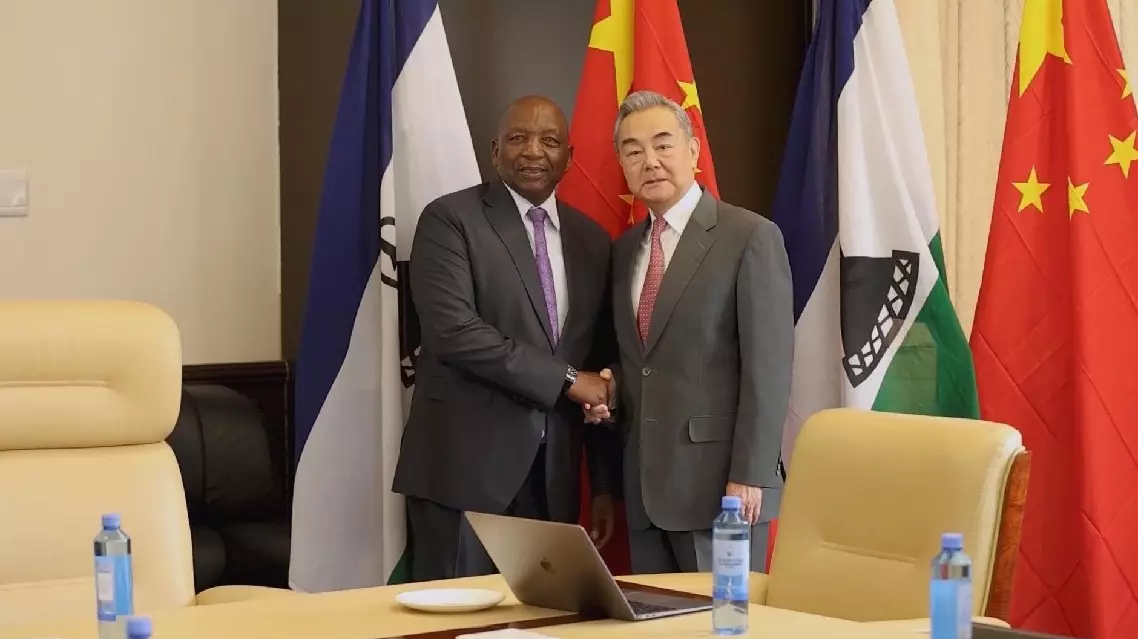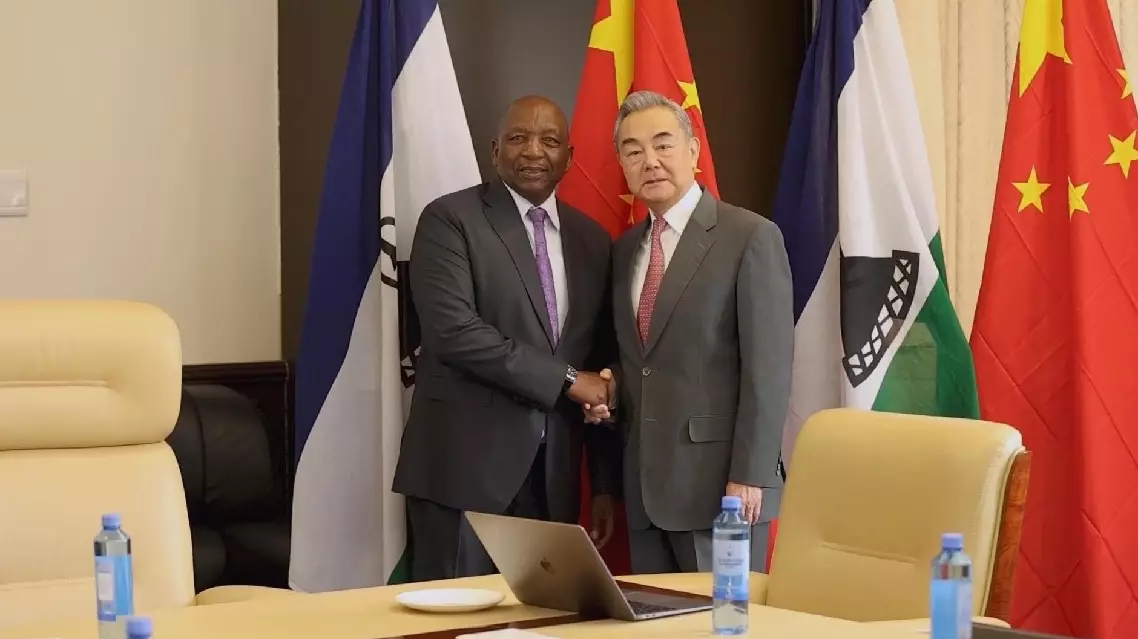Health workers, ambulances and hospitals have been attacked in recent days while trying to save survivors in Gaza, according to UN relief chief Tom Fletcher.
In a social media post on Monday, Fletcher, Under-Secretary-General for Humanitarian Affairs and Emergency Relief Coordinator at the Office for the Coordination of Humanitarian Affairs (OCHA), said he was continuing to receive horrific reports from Gaza of such attacks and called for efforts to ensure that hospitals and medics are not targeted.
At a daily briefing on Monday, Stephane Dujarric, spokesman for UN Secretary-General Antonio Guterres, said that in southern Gaza on Sunday, several casualties were reported after the surgical department of Nasser Medical Complex was hit and caught fire. In Rafah, ambulances were reportedly hit in the Tal Al Sultan refugee camp, resulting in several casualties.
The Palestine Red Crescent Society said four of its ambulances were targeted, as well as 10 team members carrying out humanitarian work. Communication with the team was completely lost for 30 hours, and their fate remains unknown, the spokesman added.
As hostilities continue across Gaza, the OCHA and its partners called for the entry of additional emergency medical teams into Gaza to help health workers who are described as "exhausted and, of course, overwhelmed" by Dujarric.
Israeli authorities on Sunday issued a new evacuation order in Rafah, covering around two percent of the Strip and affecting five neighborhoods. With the latest directive, the overall area designated for evacuation over the past week covers an estimated 14 percent of the Gaza Strip, Dujarric said.
The spokesman also indicated that according to available information, "strikes hitting a UN compound in Deir Al Balah on 19 March were caused by an Israeli tank." The strikes left one UN staffer dead and six others severely injured.
As a result of the escalating attacks in Gaza, UN aid will be forced to "reduce the Organization's footprint in Gaza, even as humanitarian needs soar," according to Dujarric's statement.
The United Nations Relief and Works Agency for Palestine Refugees in the Near East (UNRWA) also said on Monday that 124,000 people in the enclave have been forced to flee what it called "relentless bombardment" in the past few days, large numbers of people reportedly seeking shelter in hospitals.

More health workers, ambulances, hospitals attacked in Gaza: UN official
Visiting Chinese Foreign Minister Wang Yi said Saturday China is willing to work with Lesotho to strengthen exchanges on governance experience, enhance coordination in multilateral affairs, and advance the China-Lesotho strategic partnership.
Wang, also a member of the Political Bureau of the Communist Party of China Central Committee, made the remarks when meeting with Lesotho Prime Minister Sam Matekane in the capital of Lesotho.
During the meeting, Wang congratulated Lesotho on the 60th anniversary of its independence this year, and spoke highly of Lesotho government's efforts to prioritize economic development and steer the African country onto a path of sustainable growth. Since the Beijing Summit of the Forum on China-Africa Cooperation (FOCAC) in 2024, the two sides have advanced cooperation under the 10 partnership action plans unveiled at the summit, successfully implementing a number of key projects to effectively promote Lesotho's development and revitalization, Wang said.
China stands ready to work with Lesotho to strengthen exchanges on governance experience, enhance coordination in multilateral affairs, and push for greater development of the China-Lesotho strategic partnership, he added.
Calling on the two sides to firmly support each other, Wang said that China will accelerate the implementation of its zero-tariff policy for African countries, including Lesotho, expand bilateral trade, investment and industrial cooperation, facilitate broader access of Lesotho's specialty products to the Chinese market, and continue to support Lesotho's national development.
China will continue to stand firmly with African countries, uphold justice for the Global South, including Lesotho, oppose unilateralism and acts of bullying, and work together to build a community with a shared future for humanity, Wang said.
On his part, Matekane said during the meeting that Lesotho cherishes its friendship with China and the strategic partnership between the two countries, and expressed gratitude for China's valuable support for the development of African countries, including Lesotho.
Lesotho firmly adheres to the one-China principle and resolutely supports China in safeguarding its core interests, he said, noting that his country stands ready to strengthen strategic mutual trust with China, expand people-to-people exchanges, jointly implement the outcomes of the FOCAC Beijing Summit, and deepen cooperation in areas such as infrastructure, manufacturing and energy.
Matekane stressed that China's zero-tariff policy for African products will inject new impetus into Lesotho's development. He also expressed Lesotho's willingness to strengthen solidarity and cooperation with China on multilateral platforms such as BRICS to jointly address global challenges.
On the same day, Wang also held talks with Lejone Mpotjoana, minister of foreign affairs and international relations of Lesotho.

China, Lesotho to strengthen exchanges, advance cooperation

China, Lesotho to strengthen exchanges, advance cooperation











